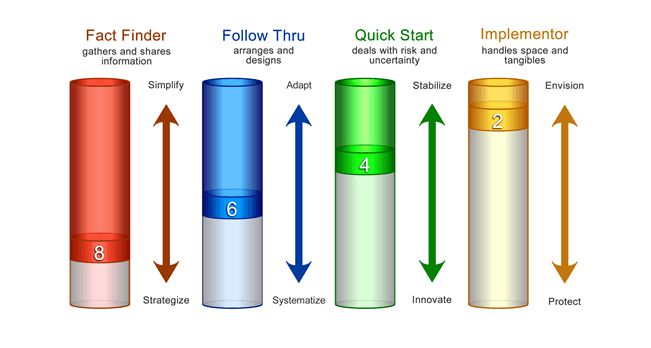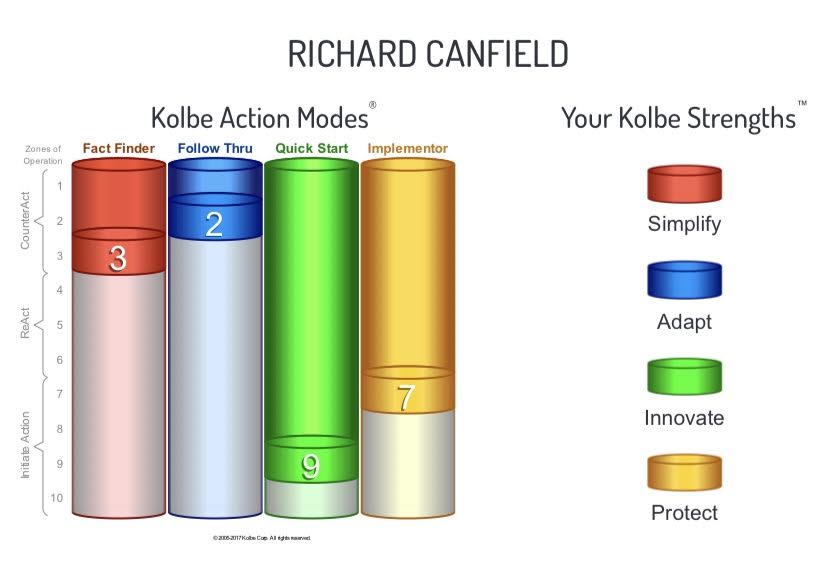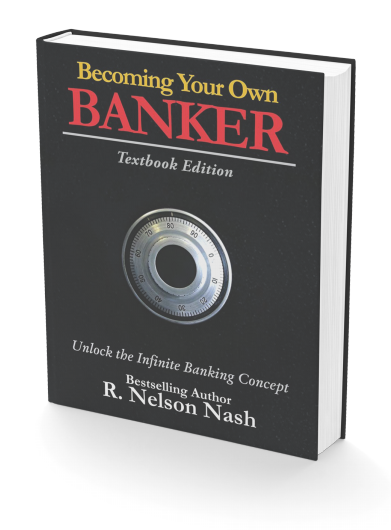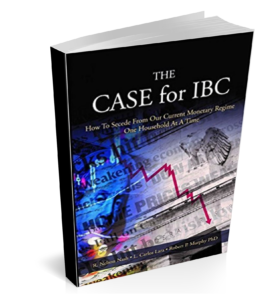Today I want to share with you a transformative tool that has revolutionized the way I approach my life and work: the Kolbe Index.
This is not your typical personality assessment. Instead, it’s a powerful framework that helps you understand your natural, instinctive way of doing things.
The Kolbe A Index measures your cognitive strengths – that is, the natural tendencies you have when it comes to taking action.
Conation is different from cognition (thinking) and affectation (feeling), which are the focus of most other personality tests.
The Kolbe Index specifically assesses how individuals naturally take action and solve problems. It was developed by the amazing Kathy Kolbe, and I owe her a debt of gratitude for what she has put together.
Specifically, how you instinctively tackle tasks and projects when left to your own devices, free from external pressures.
Admirers of this test include the likes of:
- Dan Sullivan: The founder of Strategic Coach.
- Joe Polish: The founder of Genius Network.
- Gino Wickman: The creator of the Entrepreneurial Operating System (EOS).
- Bo Eason: A former NFL player turned motivational speaker.
For me, discovering my Kolbe results was a revelation. It was like being handed a manual to my own operating system, explaining why I do things the way I do.
Just like taking your car in for a tune-up, every time I review my Kolbe Index I feel rejuvenated and fired up to achieve great things given my innate “superpowers”.

Kolbe Action Modes
The test consists of measure 4 personality traits:
- Fact Finder: This measures how you gather and process information. A high score indicates a preference for thorough research and detailed analysis, while a low score suggests a preference for working with an overview or summary.
- Follow Thru: This assesses how you organize and structure information and tasks. A high score means you likely excel at creating and maintaining systems, while a low score indicates a preference for flexibility and spontaneity.
- Quick Start: This evaluates your approach to risk and uncertainty. A high score suggests you are comfortable with change and enjoy starting new projects, while a low score indicates a preference for stability and cautious decision-making.
- Implementer: This measures how you handle physical space and tangible objects. A high score indicates a preference for hands-on work and concrete examples, while a low score suggests a preference for abstract concepts and ideas.
One of the most impactful aspects of the Kolbe Index is its ability to identify what I call your “instinctual superpowers.”
For example, I’ve always known that I operate at full throttle, racing from one task to the next, often arriving at meetings just in the nick of time.
Thanks to the Kolbe Index, I now understand that this is a reflection of my high “Quick Start” score.
This trait, which I once viewed as chaotic, is actually one of my greatest strengths. It’s what enables me to brainstorm ideas rapidly and jump into action without hesitation.
Another groundbreaking concept for me was the idea of a “not doing list.”
Like many people, I used to start my day with a to-do list. However, the Kolbe Index taught me that, given my natural inclinations, I’m better off focusing on what not to do.
My mind is a whirlwind of ideas and possibilities, and by filtering out the non-essentials, I can zero in on the tasks that truly matter.
The Kolbe A Index is not meant to replace other personality tests but rather to complement them.
It provides a different perspective that can be used in conjunction with cognitive and affective assessments to gain a more comprehensive understanding of an individual’s strengths and preferences.
The Kolbe Index is built around four primary numbers, each representing a different aspect of your instinctual approach to tasks.
My scores reveal that I’m a high Quick Start, meaning I’m inclined to initiate action spontaneously. It also identifies where I should be focusing and using my energy and time for maximum benefit.
That is, I am designed to innovate and brainstorm and race the clock. Using this knowledge I can create intellectual short cuts in my daily work habits.
On the other hand, my lower scores in Fact Finder and Follow Through indicate that I’m not one for extensive research or meticulous planning.
While I can do these things just like everyone else… they burn up vast amounts of energy in comparison to what comes more naturally.
So to guard my time and create efficiency I need to be attentive and limit these things. I finally understood why I procrastinate when doing paperwork or filling in tedious forms.
Understanding these traits has been liberating. It’s allowed me to delegate tasks that don’t align with my strengths and focus on areas where I can truly excel.
Embracing your instinctual superpowers goes beyond personal productivity. It also transforms how you interact with others.
By understanding my own Kolbe profile, I’ve been able to communicate more effectively with colleagues, partners, and loved ones.
I can explain my natural working style and understand theirs, leading to more harmonious and productive collaborations.

Richard Canfield’s Kolbe A Index
Kolbe Index has been a game-changer for me, and I believe it can be for you too.
It’s not just about understanding yourself; it’s about unlocking your full potential and leveraging your innate strengths to achieve your goals.
You can see and review my own full Kolbe report and hear directly from Kathy Kolbe as she explains some of my superpowers here: Richard Canfield’s Kolbe A Index
If you’re curious about the Kolbe Index or interested in learning more about The Infinite Banking Concept as developed by R. Nelson Nash (another passion of mine), I invite you to visit our website at sevensteps.ca for a free report that outlines exactly what steps you need to take to implement this process in your own life and business.
Embrace your instinctual superpowers and watch how they can transform your life and work.



